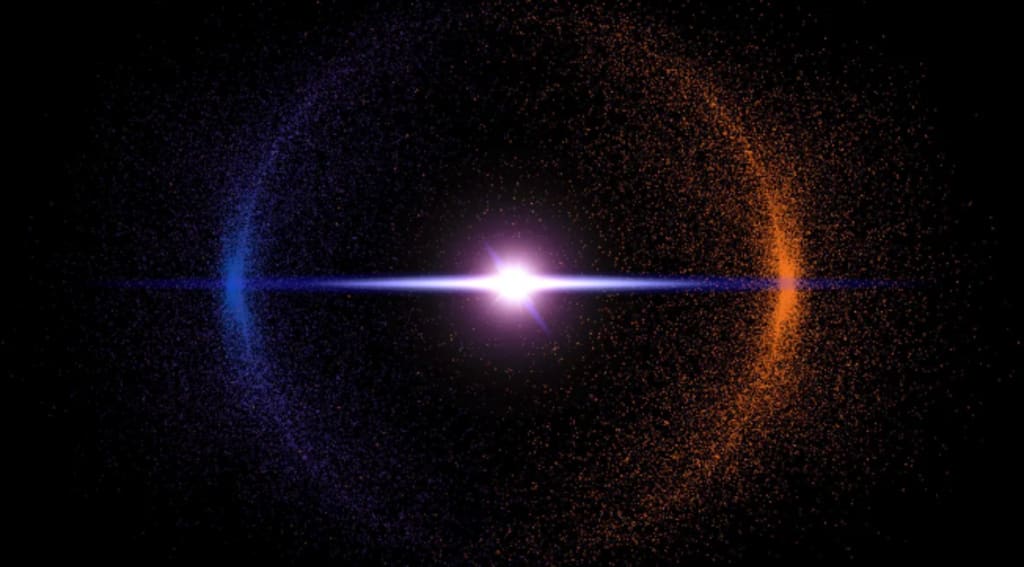Why The Universe's Center Is Absent
All of our knowledge began with the Big Bang, which occurred around 14 billion years ago. However, a widespread misunderstanding is that it looks like an explosion.

Since space and time were already constructed when the universe began, the actual event did not erupt into anything. When we see it as an explosion, we also assume that it began at a single discrete location, although this is not the case.
Everything was affected by the Big Bang. Both your left and right hands are involved, both the Andromeda Galaxy and Whynot's North Carolina Hamlet. All distances in the cosmos were zero since there was no one location where it began; hence every point in the universe was essentially in the same place: everywhere. When astronomers say "everywhere," they actually mean it.
Does the universe have a center?
The quick response is no. The extended response is as follows.
The observable universe spans a distance of around 94 billion light-years. It is everything that is visible to us. If we take it into account, we are at its heart. After all, it is the visible universe. Cosmologists have identified two crucial characteristics of what we see: it is isotropic and uniform. When something is isotropic, it seems the same no matter which way you look at it, and when something is uniform; it appears the same everywhere at the biggest scale.
These facts let us learn a little bit about the universe overall, which is far larger than the visible cosmos. Our portion of the cosmos may be unique or maybe an accurate representation of the entire universe because we do not yet know how much bigger or how the entire universe is.
To the horizon and beyond
The world being endless is the most manageable situation. There is no core to an endless object. Even if our primitive ape minds were not designed to comprehend the idea of infinity, we may assume that there is no particular center point if anything continues indefinitely.
However, it is not definite that the universe will last forever; it may be limited. Our experience with the world teaches us that if anything have a defined size; it has a center, such as a cube or a sphere. Unfortunately, our experience does not apply to the entire universe since the geometry with which we are most familiar is not the geometry of a limited universe. We must contend with the idea of curvature, and our brains are not designed to cope with curvature in three dimensions.
This is a simpler (albeit unreliable) analogy: "If you think of a sphere's surface, if that's all there is, it doesn't have a center. Right, the sphere's center is outside of that area. Professor Peter Coles, a theoretical physicist at Maynooth University, told that the phenomenon is not genuine. "When you imagine a sphere, you picture it as being immersed in a three-dimensional region and the center is located there. However, if all that exists is two-dimensional space, there is no center.
All of this is to suggest that there is no center to the cosmos. As far as we can determine, the four-dimensional space-time continuum is where our physics takes place. A central position could be implied by the curvature when seen in multiple dimensions. However, if there is one, it is not a part of the universe as we know it.
About the Creator
Najmoos Sakib
Welcome to my writing sanctuary
I'm an article writer who enjoys telling compelling stories, sharing knowledge, and starting significant dialogues. Join me as we dig into the enormous reaches of human experience and the artistry of words.
Enjoyed the story? Support the Creator.
Subscribe for free to receive all their stories in your feed. You could also pledge your support or give them a one-off tip, letting them know you appreciate their work.






Comments
There are no comments for this story
Be the first to respond and start the conversation.